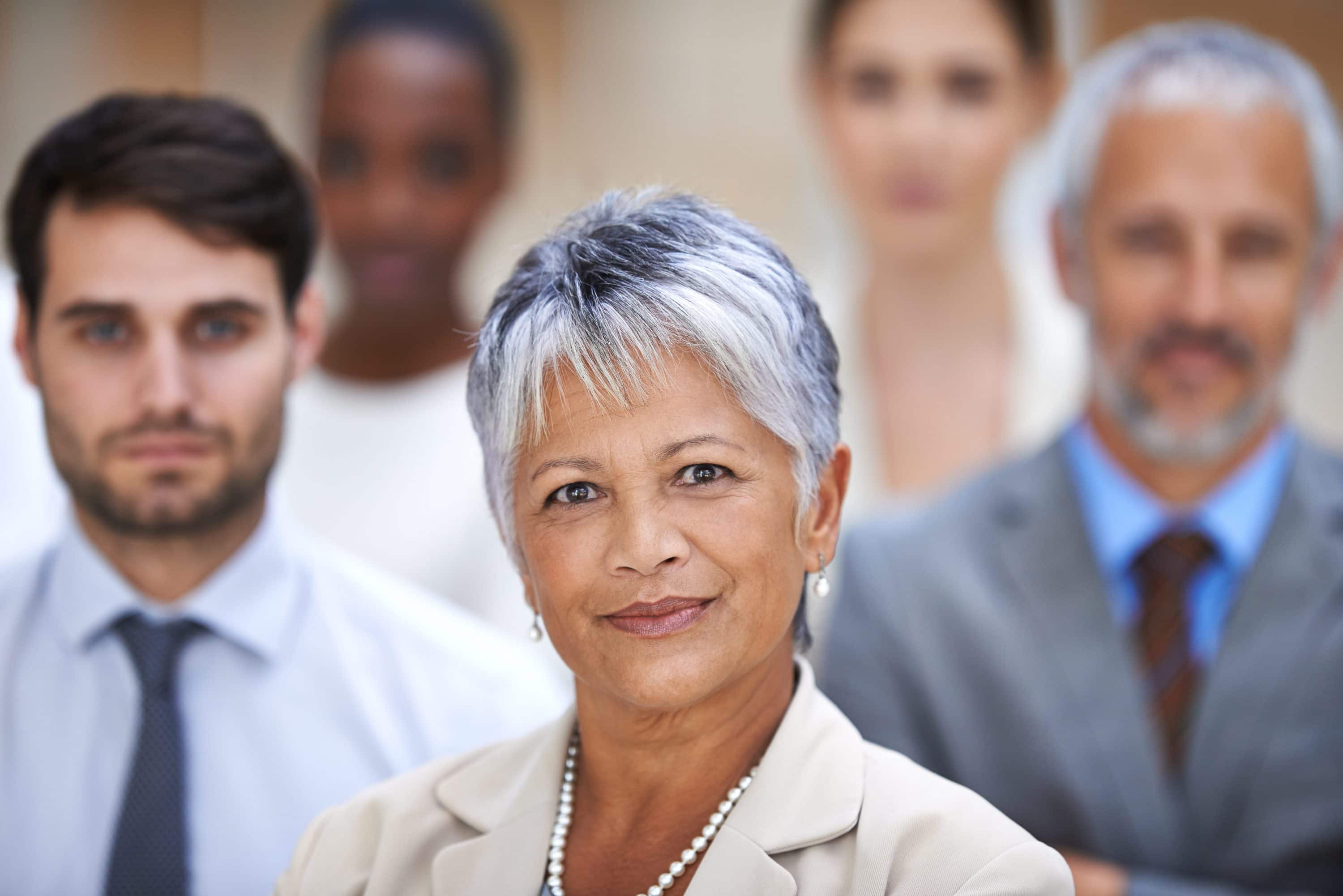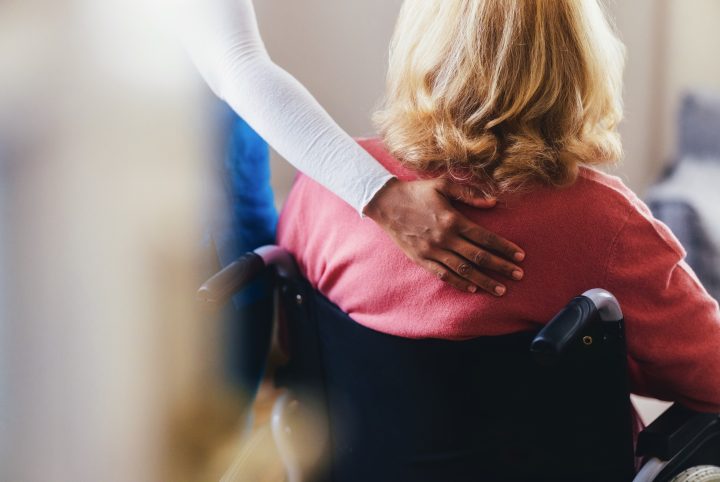
A ground-breaking new program is including male leaders and harnessing the power of allyship to bridge the gender gap.
Women’s leadership development programs are typically the go-to strategy for organisations keen to dismantle barriers and bridge the gender divide.
However, while these programs can help bolster leadership capability and connection, they fail to address one critical issue: persistent systematic biases that continue to disadvantage women.
Now, a pioneering new program is shifting the narrative and emphasising the responsibility of male leaders in fostering a more equitable workplace.
Co-designed by People Measures and Coles Group, with academic expertise from Monash Business School, the StepUp: Male Allies for Gender Equity program aims to build understanding and inclusive capability in male leaders.
Associate Professor Nathan Eva said the program tapped into a growing body of research highlighting the powerful impact male leaders can have in driving change.
“Leaders have such a strong influence over culture, policy and procedures,” he said.
“In these positions, they can signal the need to shift male attitudes and behaviours around workplace inequality, diversity, and inclusion, and encourage other men to similarly enact gender equity allyship.”
Unwavering and courageous self-reflection
People Measures chief executive Chloe Hawcroft said StepUp encouraged men to move beyond acknowledging the problem of gender inequality to actively exercising leadership on the issue.
Through workshops and coaching sessions delivered over three months, participants learn strategies and techniques for promoting a more inclusive workplace.
Ms Hawcroft said participants were able to practise these new skills in an environment where it was safe to experiment and learn from mistakes.
“This program invites men to be unwavering and courageous in their self-reflection and examine the part they play in perpetuating the current system and the impact that system has on women,” she said.
“It unapologetically invites men to be outspoken and active about the role they choose to play in pushing for equity, equality, and diversity.”
Small but powerful change
Pamela Marcou, Diversity and Inclusion Partner for Coles, said feedback from the male leaders who participated in the program had been overwhelmingly positive.
“The participants said they felt challenged, inspired, a lot more aware of bias and privilege, and empowered to act,” she said.
Ms Marcou said it enabled them to reflect on their leadership style and make small but powerful changes.
“For example, changing the times of meetings so that they do not exclude women with caring responsibilities, ensuring that ‘career enhancing’ activities are delegated more equally among women and men in their teams, and not progressing with hiring processes without balanced candidate representation,” she said.
According to Ms Hawcroft, the program’s influence spread well beyond the workplace.
“Powerful examples included hugging their father for the first time in years, taking time off work to look after sick children, stepping up on a range of domestic responsibilities and in general being a more aware and empathic partner,” she said.
Moving the needle on gender equality
A/Prof Nathan Eva said the robust partnership between People Measures, Coles Group and Monash Business School had played a critical role in the development of the program.
He said Monash Business School was able to add expert knowledge on the topic and the latest research into allyship and leadership.
“We then evaluated the efficacy of the program, interviewing each of the participants and stakeholders to understand the impact it had,” he said.
The findings showed the program worked in creating allies with the skills and motivation to make changes in their organisation and the community at large.
“This is a first-of-its-kind program, so the evidence to suggest that this can move the needle in gender equity is very important,” he said.
Based on the success of the pilot, Ms Hawcroft said People Measures was now looking at ways to deliver it to larger groups and audiences.
“We would like to refine the program and offer it as an open, public program in the not-too-distant future,” she said.
“To meet demand and scale, we are also in the process of exploring and piloting an online introductory program designed to help men better understand gender inequity and the role they can play in being an ally for change.”
Special thanks to Barbara Dalton, gender equality consultant and researcher.


